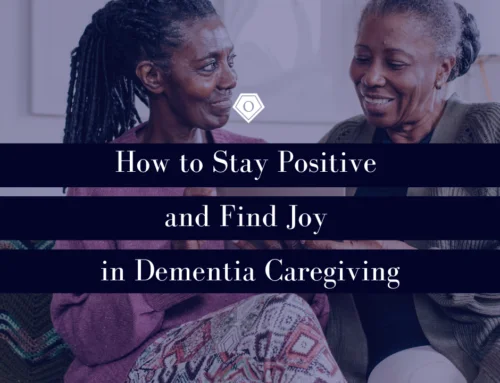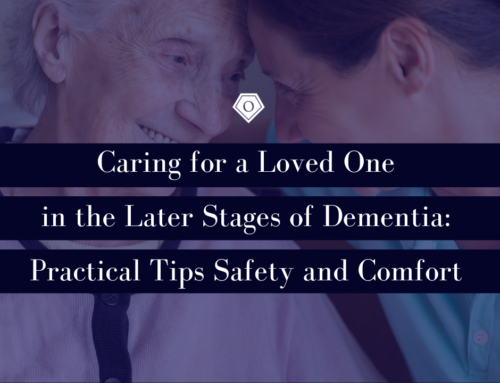One of the biggest struggles of dementia caregiving is challenging behavior.
The most common advice is, “Don’t take it personally.” And while this advice is correct, it is understandably tough when it is your loved one or spouse. Remember, your loved one has a brain disorder shaping what they say and do. So even when they express something hurtful, it is a symptom of the disease. But, of course, we realize this is easier said than done. That’s why family caregivers need to have support. Relief from caregiving duties can drastically improve mental health during a difficult season.
Ground rules for handling challenging dementia behaviors:
We cannot change the person.
If you try to control or change a person with dementia, you’ll be unsuccessful and met with resistance. Adapting is critical. For example, if they want to sleep on the floor, move the mattress to the ground. And remember, you can only change your behavior, not theirs.
Check with the doctors.
Strange behaviors can be symptoms of more significant issues. Your loved one may be in pain or experiencing medication side effects. For example, UTIs are very common in the elderly and can cause hallucinations.
Behavior has a purpose.
Remember that your loved one might be trying to meet a need. Removing items from drawers or making a mess might be your loved one trying to be productive or busy.
Behavior is triggered.
Something someone says or changes in the environment can trigger behaviors. You may need to take a different approach or change the environment to curb a challenging behavior.
What works today may not work tomorrow.
The key is to remain flexible and creative in your strategies for challenging behavior. With the natural progression of the disease and environmental factors, what works today might only work for a while.
Get support from others.
Caregiving is a long and often isolating journey. Home health care offers caregivers the support they need and gives patients the necessary medical care to thrive.
Dementia & Alzheimer’s Care
Onyx Home Care’s neurological disorder care is built around a system of support. This service includes skilled home care as well as a unique program that centers on the patient’s interests and stage of illness. Our goal is to see happy family members, patients and caregivers. Often times, caregivers feel remote. Our team includes each person in the home care process to provide inclusive care that helps the patient thrive.

What Long Term Care is Best | Free Booklet
Choosing long-term care is a burden that often falls on adult children and family caregivers. Our team is here to support you throughout the journey. Download our booklet to explore options for your aging loved one and family.
Are you wondering what type of long-term care is best for you or your loved one? Our free booklet will help you evaluate the differences and costs between home care, nursing homes, and assisted living facilities.






